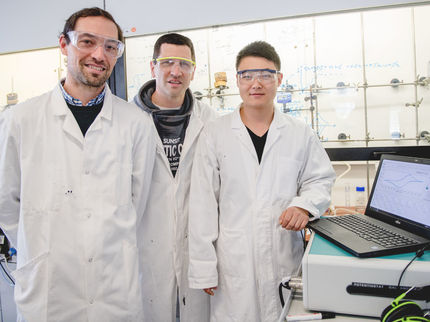New protein nanobioreactor designed to improve sustainable bioenergy production
Reprogramming bacterial protein organelles as a nanoreactor for hydrogen production
Researchers at the University of Liverpool have unlocked new possibilities for the future development of sustainable, clean bioenergy. The study, published in Nature Communications, shows how bacterial protein 'cages' can be reprogrammed as nanoscale bioreactors for hydrogen production.
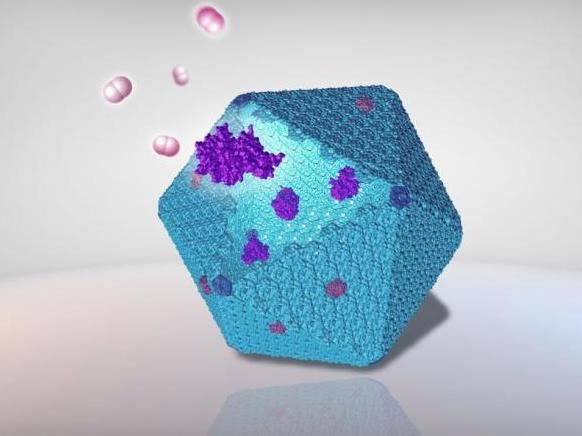
Illustration of a carboxysome and enzymes.
Professor Luning Liu
The carboxysome is a specialised bacterial organelle that encapsulates the essential CO2-fixing enzyme Rubisco into a virus-like protein shell. The naturally designed architecture, semi-permeability, and catalytic improvement of carboxysomes have inspired the rational design and engineering of new nanomaterials to incorporate different enzymes into the shell for enhanced catalytic performance.
The first step in the study involved researchers installing specific genetic elements into the industrial bacterium E. coli to produce empty carboxysome shells. They further identified a small 'linker' - called an encapsulation peptide - capable of directing external proteins into the shell.
The extreme oxygen sensitive character of hydrogenases (enzymes that catalyse the generation and conversion of hydrogen) is a long-standing issue for hydrogen production in bacteria, so the team developed methods to incorporate catalytically active hydrogenases into the empty shell.
Project lead Professor Luning Liu, Professor of Microbial Bioenergetics and Bioengineering at the Institute of Systems, Molecular and Integrative Biology, said: "Our newly designed bioreactor is ideal for oxygen-sensitive enzymes, and marks an important step towards being able to develop and produce a bio-factory for hydrogen production."
In collaboration with Professor Andy Cooper in the Materials Innovation Factory (MIF) at the University, the researchers then tested the hydrogen-production activities of the bacterial cells and the biochemically isolated nanobioreactors. The nanobioreactor achieved a ~550% improvement in hydrogen-production efficiency and a greater oxygen tolerance in contrast to the enzymes without shell encapsulation.
"The next step for our research is answering how we can further stabilise the encapsulation system and improve yields," said Professor Liu. "We are also excited that this technical platform opens the door for us, in future studies, to create a diverse range of synthetic factories to encase various enzymes and molecules for customised functions."
First author, PhD student Tianpei Li, said: "Due to climate change, there is a pressing need to reduce the emission of carbon dioxide from burning fossil fuels. Our study paves the way for engineering carboxysome shell-based nanoreactors to recruit specific enzymes and opens the door for new possibilities for developing sustainable, clean bioenergy."
Original publication
Other news from the department science
These products might interest you
 New
New
Flexcell Zelldehnungsbioreaktoren für zelluläre Biomechanik-Anwendungen by Dunn
Cell Stretching Bioreactors for Life Science Research
Used in over 1300 laboratories worldwide, and cited in over 9000 research publications

Biostat STR by Sartorius
Biostat STR Generation 3 Bioreactors
Engineered for Ultimate Upstream Performance
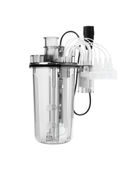
Ambr® 250 HT Consumables by Sartorius
Efficient bioprocesses with single-use bioreactors
Minimise cleaning effort and maximise flexibility for cell and microbial cultures
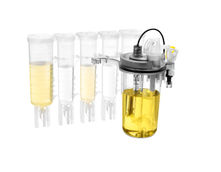
Ambr® 250 Modular by Sartorius
Mini bioreactors for cell and gene therapies with high scalability
Maximise your process development with reliable single-use vessels

Get the life science industry in your inbox
By submitting this form you agree that LUMITOS AG will send you the newsletter(s) selected above by email. Your data will not be passed on to third parties. Your data will be stored and processed in accordance with our data protection regulations. LUMITOS may contact you by email for the purpose of advertising or market and opinion surveys. You can revoke your consent at any time without giving reasons to LUMITOS AG, Ernst-Augustin-Str. 2, 12489 Berlin, Germany or by e-mail at revoke@lumitos.com with effect for the future. In addition, each email contains a link to unsubscribe from the corresponding newsletter.
Most read news
More news from our other portals
Last viewed contents
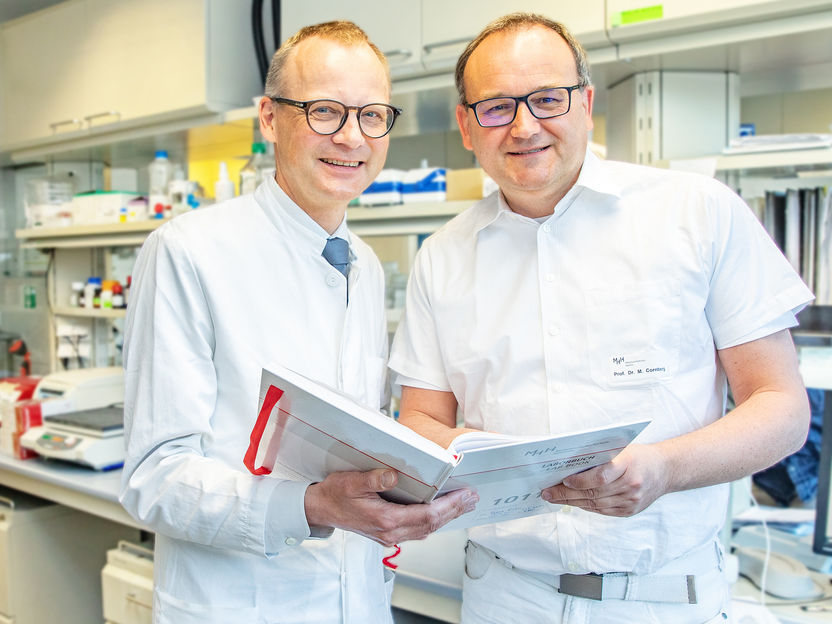
New weapon against hepatitis D - Paving the way for drug therapy of the particularly aggressive liver disease

Airy cellulose from a 3D printer - A lot of potential applications in medicine

Double strike against leukaemia: Inducing defective cell division could improve therapy - Targeting the powerhouses of the cell
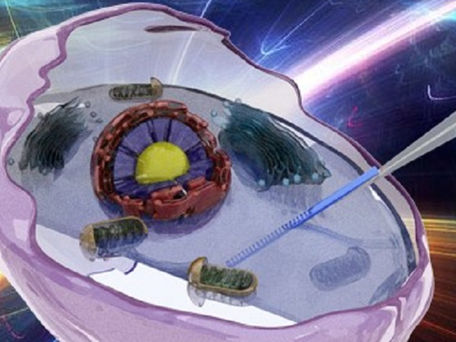
Seeing inside cells with an integrated nanowire probe - Real-time, in-situ sensing and tracking of cell development and maturation is achieved using a label-free nano-optical device
Galapagos and Dart Neuroscience LLC sign drug discovery and compound management agreements
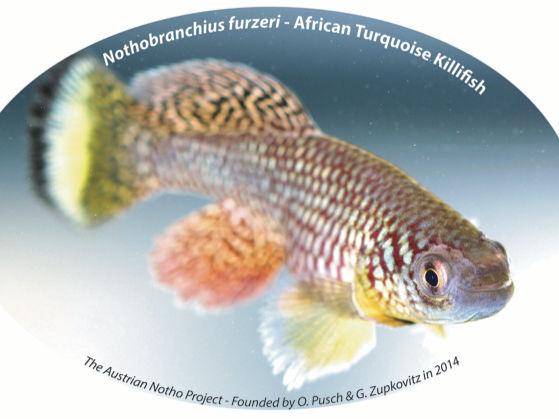
Important aging mechanism revealed - African killifish as model organism

